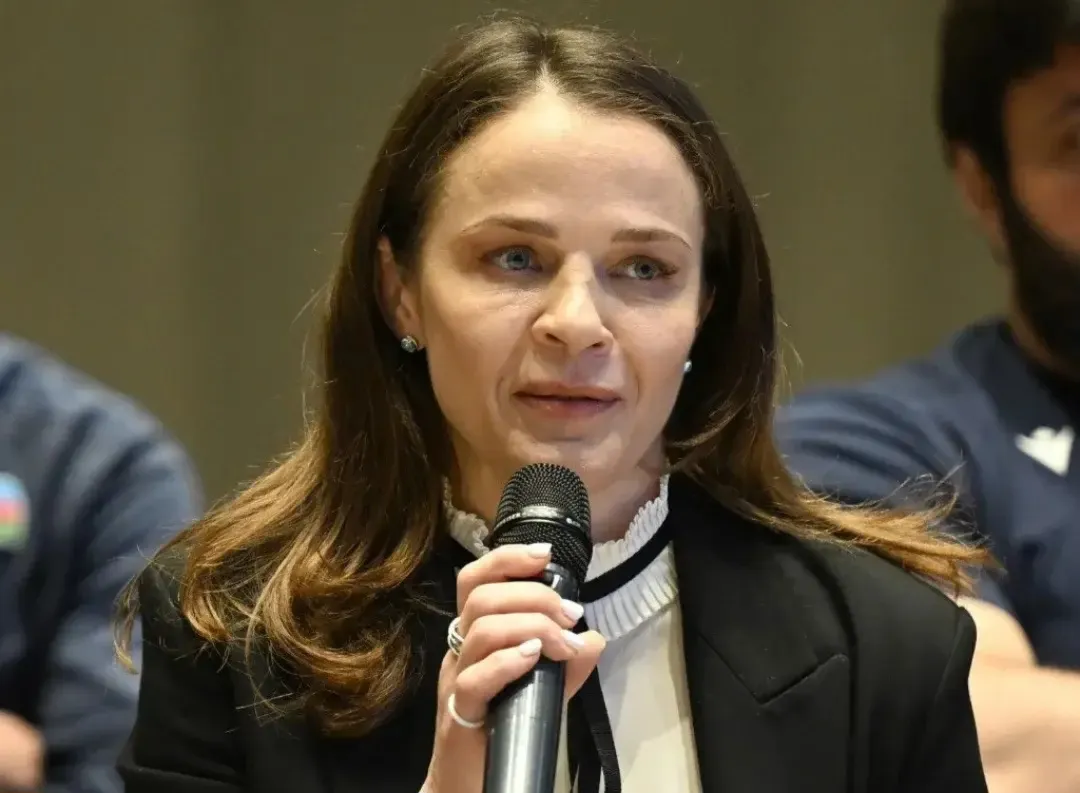In Matchday 26 of the Misli Premier League, “Turan Tovuz” scored a goal against “Neftçi” in thick fog, taking us 25 rounds back to the opening match of the championship. “Neftçi” failed to defeat “Turan Tovuz” in either the first or the 18th round (0:0; 1:1).
We moved from autumn to winter, then felt the warm breath of spring in our homeland, yet for some reason, “Neftçi” still couldn’t overcome the Tovuz representative. In every aspect—financial resources, infrastructure, player base, and fan support—the black-and-whites have the upper hand. Yet, on the field, they failed to break the resistance of an opponent playing with ten men.
Three rounds ago, the same happened when “Qarabağ” was reduced to ten men. “Neftçi” even lost that match. Today, failing to defeat “Turan Tovuz” at home despite numerical superiority and conceding a last-minute goal is practically equivalent to a defeat. Some will attempt to justify “Neftçi” by arguing that Kurban Berdyev’s team plays defensive, closed football. But what’s new here? Is there anyone in this country unaware that “Turan Tovuz” opts for pragmatic tactics, prioritizing results over aesthetics? Beautiful football was already a thing of the past long before Kurban Berdyev arrived at the Tovuz club. The right approach would have been to analyze the opponent thoroughly and prepare A, B, or even C plans if necessary.
To be fair, “Neftçi” looked significantly better than their opponent yesterday. However, one fact must be understood: the league table is formed based on results, not good performances. If “Neftçi” cannot beat “Turan” throughout the season and even concedes a goal against a ten-man opponent, the coaching staff is directly responsible.
Oh, responsibility? Has anyone ever heard head coach Samir Abasov say, “I take full responsibility”? What is the difference between him and former coach Roman Grigorchuk? Both failed to defeat “Turan Tovuz,” and both love to blame everyone but themselves. If they could, they’d probably even blame the club’s janitor—just to avoid being held accountable.
Abasov claims he took charge when the team had only 5 points, so what more do people want from him? Under his leadership, “Neftçi” has secured 23 points out of a possible 51 in 17 matches—a success rate of 45%. That’s not high; it’s merely average.
Abasov says he criticized Agadadash Salyanski last week, and that’s why he started playing well. Fantastic! If you’ve found the solution, keep going. Use the same method to bring back Ramil Sheydayev, who has let down both the national team and “Neftçi” since the start of the season. Apply it to Azər Salahli, whose effectiveness is declining daily. Restore Höccət Haqverdi, the “indispensable” member of our national team, and Yegor Bogomolsky, who seems to have forgotten that his main duty as a footballer is to score goals, not to enjoy unforgettable leisure days in Baku.
Abasov argues that if one looks for negativity around “Neftçi,” it never ends. There’s a psychological concept: the more you overthink a problem, the more problems you create—even if they didn’t exist before. Every time Samir Abasov carefully delivers messages to “Neftçi” management through the media, he creates the image of an innocent, naive coach. Does he really believe that this management will lead “Neftçi” to a bright future? Does Samir Abasov know club advisors Kamil Məmmədov and Zaur Əzizov any less than we do? Many are aware that these two, especially Kamil Məmmədov, are eagerly waiting for the summer transfer window to open so they can flood “Neftçi” with foreign players of questionable quality—players whose only remaining option is the Azerbaijani league. Of course, all under “favorable” conditions that align with their personal interests.
When a club’s CEO—Cenk Sümer—is a foreigner, what else can we expect but an ode to foreign players? Most likely, Samir Abasov will face the same fate as Roman Grigorchuk this summer. The Ukrainian coach had only brought in one player—his compatriot Andrey Shtogrin. This time, Abasov might be allowed to pick just one footballer while the trio, led by the ever-resourceful Kamil Məmmədov, secures deals for eleven foreign players. And all of this just before the foreign player limit is lifted for the next season… We are in for quite a ride!
…The thick fog that settled over “Neftçi Arena” yesterday seemed symbolic. Nature was telling us to take a closer look at the pitch, to search for the once-great “Neftçi” that had won the hearts of hundreds of thousands of fans but has now been plunged into disgrace—both its past and future in ruins. This fog wasn’t merely caused by the temperature difference between a warm day and a cold night. It was a metaphor for the imbalance between “Neftçi’s” glorious history and its current state of helplessness.
There is one major headache in Azerbaijani club football—and that is “Neftçi.”






